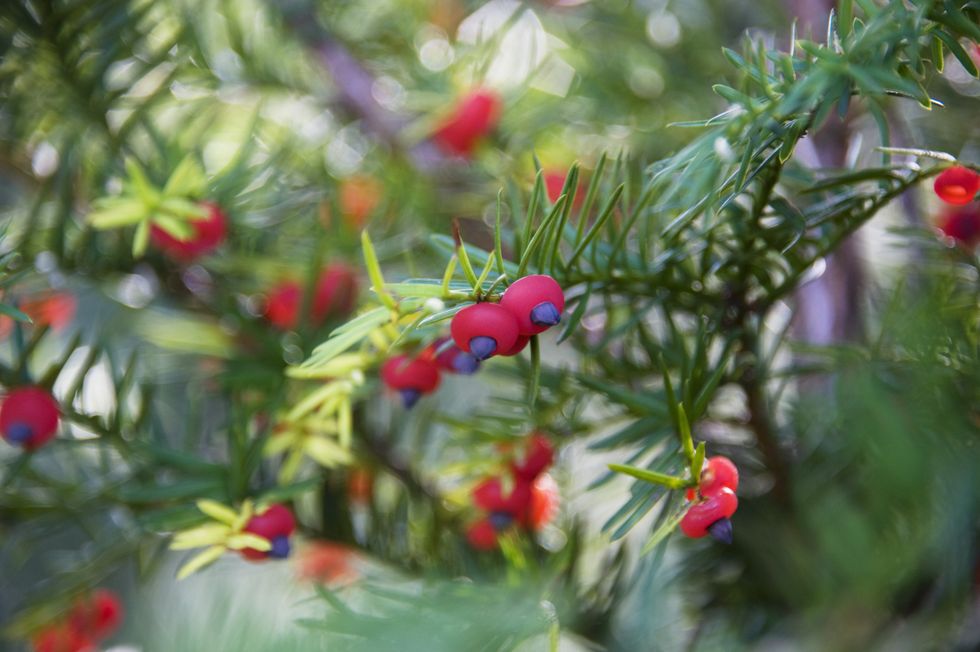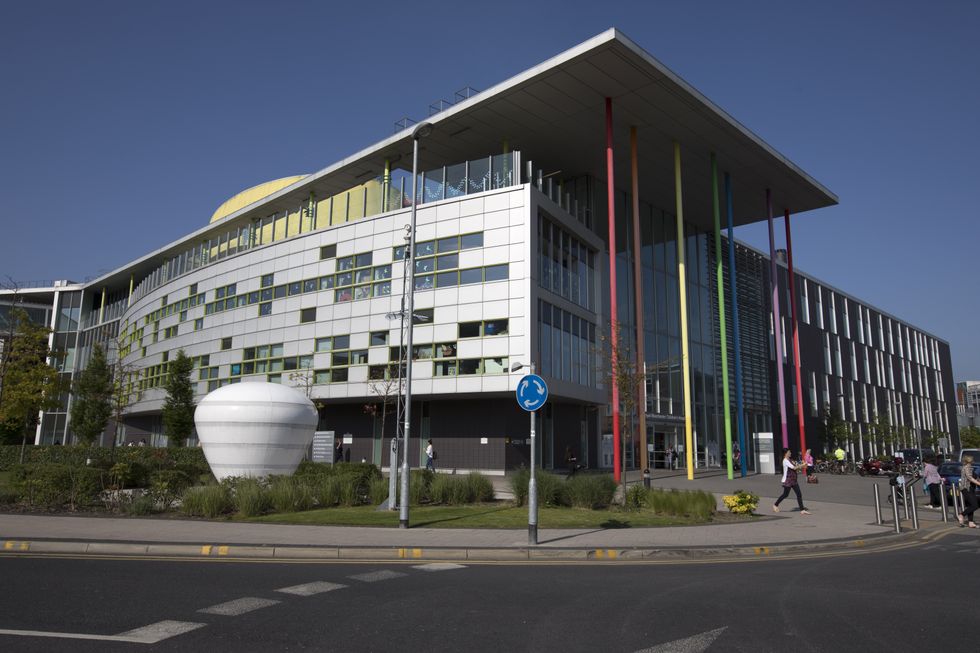The boy was walking with his father in Fletcher Moss Park, Didsbury
Google
Benn Curran-Nicholls, 14, collapsed after a stroll alongside his father in Manchester
Don't Miss
Most Read
Trending on GB News
A teenager died after eating poisonous berries while on a walk with his dad, an inquest has heard.
Benn Curran-Nicholls, 14, collapsed after a stroll alongside his father in Fletcher Moss Park, Didsbury on September 18, 2022.
Now, an inquest has been told how Benn, who had severe autism, enjoyed climbing the yew tree they passed on daily therapeutic walks
His father was unaware of the risks of eating the tree’s berries.

Yew berries are very poisonous to humans
Getty
After returning from a walk on September 18 last year he "slumped" at his Didsbury home, before his eyes "started to roll around his head".
He was treated for several hours at Royal Manchester Children’s Hospital.
However, sadly, he died a few hours later in the early hours of September 19.
Coroner Andrew Bridgman has now issued a report about the dangers of eating yew tree berries.
LATEST DEVELOPMENTS:

Benn Curran-Nicholls died at Royal Manchester Children's Hospital
PA
He said: "Benn ate some yew tree berries and also some of the leaves.
"Benn’s father was not aware of the poisonous nature of yew tree berries/leaves, and so took no action.
"Interestingly neither was, in his evidence to me, Manchester City Council’s Neighbourhood Manager for Environmental Health aware that yew trees were poisonous.
"No consideration had been given to putting up notices warning of the poisonous nature of the yew tree, and risks of eating its berries/leaves – neither at the entrances to the parks nor at the trees themselves."
Most parts of the Yew tree (except for the bright red arils) are highly poisonous to mammals when ingested because they contain toxic compounds called taxines.
Eating even a few berries or leaves from the yew tree can lead to death.
After the tragedy, health and council officials discussed putting signs in the park but feared it could lead to suicidal people eating yew berries. But in his ruling, Mr Bridgman urged a rethink.
The coroner said: "The decision was not properly and fully thought through."








